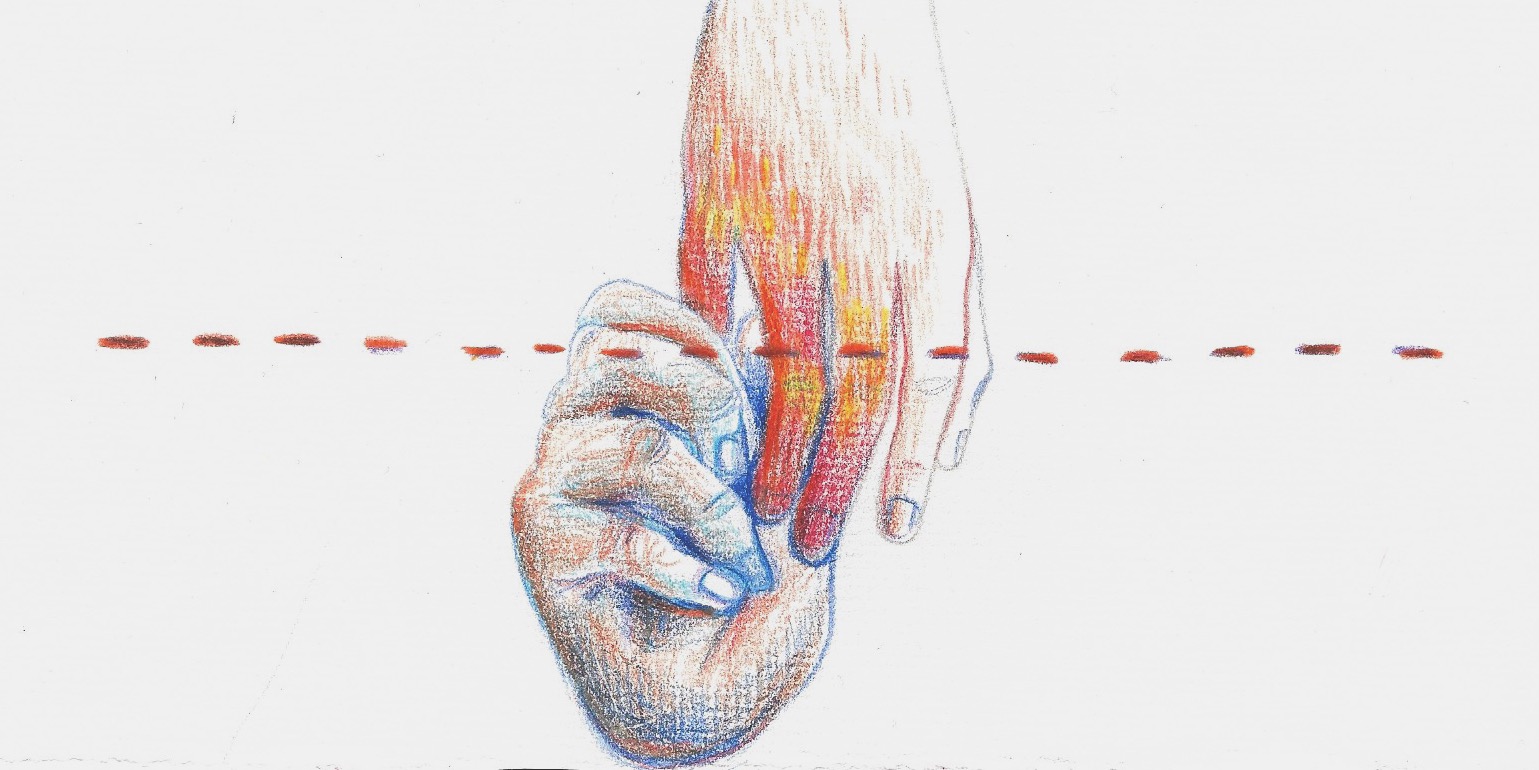Stories worth knowing: My Journey With In the Margins

Image by Tina Duong
My childhood was flooded with stories my papa created. Stories of my evil twin, who had the inverse of my name was brought up every time I misbehaved. Stories of people with brown skin and hair like mine all over their bodies.
Hearing stories of and by people of color is powerful. Breathtaking. A necessity. To start seeing these people—these wonderful, imperfect, beautiful people, as more than just symbols of inaccurate, problematic representation. In The Margins tries to do that every Tuesday.
A literary discussion space, In the Margins focuses on the writings of people of color. It’s simple. We read and discuss stories written by people of color (supplemented by hot chocolate and cookies.) But in doing so, we place these unheard voices at the center of our world for an hour, sometimes more, each week.
In the Margins read a letter to Michelle Obama written by Chimamanda Ngozi Adhichie in Week 4. It made me cry because it reminded me of how the First-Lady showed people that they mattered. During Week 3 we read a Dalit South Indian poet, Meena Kandasamy, who made my Indian friends uncomfortable of their own privilege and had them leaving the meeting determined to be better allies.
In the Margins also featured Audre Lorde, and a story on Haitian refugees by Edwidge Danticat. Every story we’ve read is chosen deliberately. Every story we read gives unheard voices the space that they fight for with their words. The space that they deserve.
I was lucky. When books only had room for white Christmases, my papa gave me the power to realize fiction could be for people like me. That the rangoli my sister made every Diwali was worthy of prosaic poetry. And the smell of garlic and onions, sautéing for my mother’s biryani, deserved an essay of its own.
But when I was nine I moved to a place where neighbors had names like Marie instead of Meera, and mountains were capped with snow I’d only read of in books. My biryanis got confounded with croissants and fondue. My world didn’t fit the models my father had built for me. It made the need for telling my stories more honestly desperate.
I’ve been writing frantically since I was six years old. I have no recollection of ever not writing or searching for the right words. But I didn’t understand the weight of words—the necessity of their construction. That is, until I heard a TED talk by Chimamanda Ngozi Adichie. She’s a Nigerian author, who works to dispel the single stories the world has about her country, her people, and her histories. She gave words to my pursuit of reconciling the parts of my life that weren’t given room to co-exist. I was able to pair my biryani with red wine.
Every time I watch that TED talk, I get a lump in my throat, even if I’ve seen it at least twenty times already. Mostly, because I’m a ridiculously emotional human who is constantly overwhelmed by the power of women of color. But also because it legitimizes my belief and passion for sharing stories—real stories about characters that don’t exist, but have elements of our reality in them. They could easily be us, and they tell us our truths. Truths that we can identify with, because we, as marginalized people are constantly being flattened into tropes—to fit the restricted spaces we are allotted by those in power. Whether it’s the singular narrative surrounding Muslims, or the labels given to Black women and men in this country, marginalized people are not allowed to talk about themselves as human beings.
So if you want to read the stories of people fighting to be seen as fully-fledged human beings, join In The Margins next Tuesday in the Jacaranda meeting room from 5:30-6:30 p.m.




